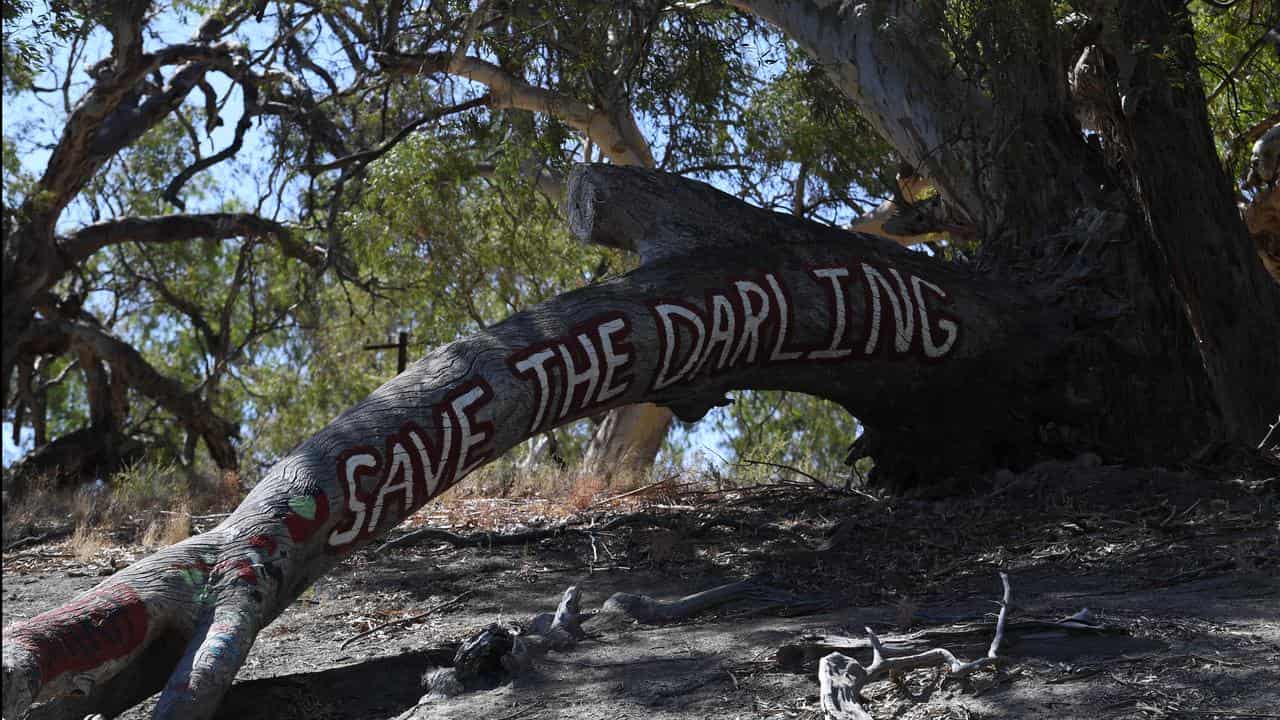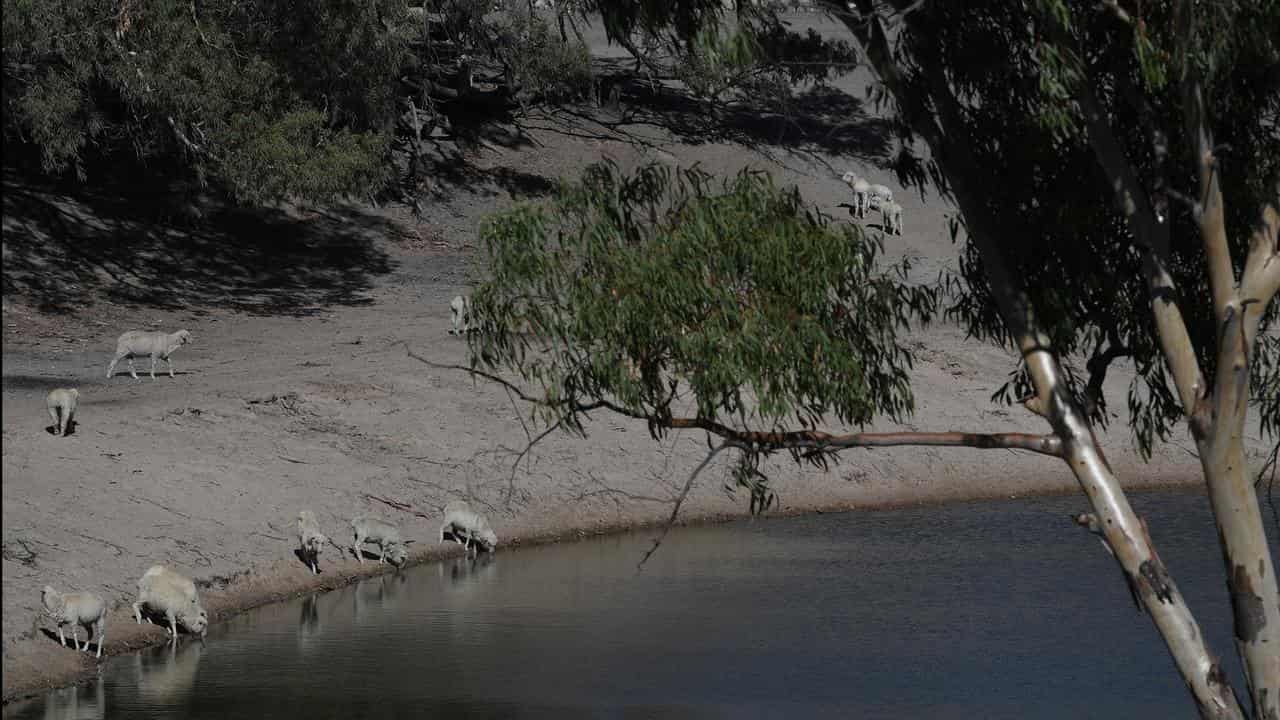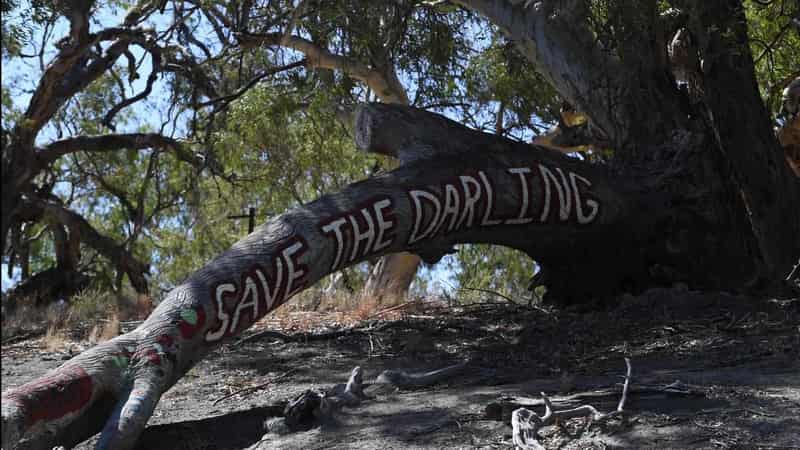
The Murray-Darling Basin plan has not made enough progress on water recovery and proposed legislation to extend its timeframe doesn't go far enough.
That's the assessment from the Productivity Commission, which has called for more government accountability in its first interim review of the plan in five years.
"Very little progress has been made on water recovery, or on supply and constraints-easing measures," associate commissioner Chris Guest said.
The report said the government must step up its water recovery efforts including staged voluntary buybacks.
A Senate committee on Tuesday began examining legislation to amend the basin plan and will report back by November 8.
The hearing was told the government must move quickly to buy back water.
"I've no doubt we need to focus on the direct recovery and the direct purchase of water as a priority," Peter Owen from the Wilderness Society told the hearing.
"We've got to reduce the amount of water we're taking out of this river ... if we are moving into a drier period now, alarm bells should be ringing."
But the buybacks are fiercely opposed by some farmers concerned about water for food production.
"It's the towns that lose the jobs, that lose the families," head of the NSW Irrigators' Council Claire Miller told the hearing.
The Murray-Darling plan outlines the amount of water that can be taken from the basin each year, while allowing for an environmentally sustainable amount to remain.
The original proposal aimed to return 450 gigalitres of additional water to the environment by next June but new laws would push back the deadline to December 2027.
Environment Minister Tanya Plibersek in August unveiled the new plan with all basin states except for Victoria.

Responding to the commission's interim report, she said the plan was off track after a decade of coalition sabotage.
"More than 80 per cent of the water recovered under the plan so far has been under federal Labor governments," Ms Plibersek said.
She said the new laws would rescue the plan by allowing "more time, more options, more funding and more accountability".
But opposition water spokeswoman Perin Davey said the government has had its priorities wrong in the "dogged pursuit" of an extra 450 gigalitres.
"Chasing the 450Gl before understanding what water recovery is required under the baseline targets is putting the cart before the horse,” Senator Davey said.
“There is a reason why the basin plan was written as is ... as long as it does not cause social and economic harm."
The commission's 254-page report found progress had stalled because of weak governance in a changing water market while the costs of some water projects had risen substantially.
The interim report said "resetting the balance" of the basin has slowed since 2018 and would not be completed by the original deadline.
The commissioners want consideration of a government-owned corporate entity to undertake water recovery and implement some supply projects.
It found the Menindee Lakes and other key projects are not viable, with "no real consequences" for those basin states not delivering on supply.
The federal water minister should report annually to parliament on their progress, commissioner Joanne Chong said.
While the proposed legislation will allow more time, new supply measures and voluntary water purchases, a significant recovery shortfall is still likely, the commission found.
It said previous warnings had not led to change.
The commission also recommends strengthening roles for Aboriginal and Torres Strait Islander people in the basin plan and noted minimal progress on the Aboriginal Water Entitlements Program.
13YARN 13 92 76
Aboriginal Counselling Services 0410 539 905









